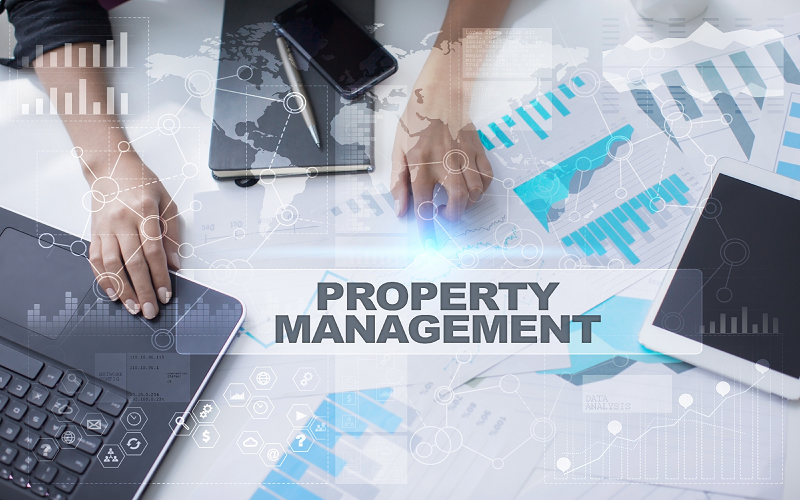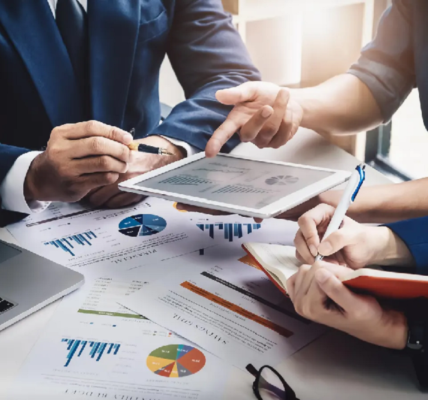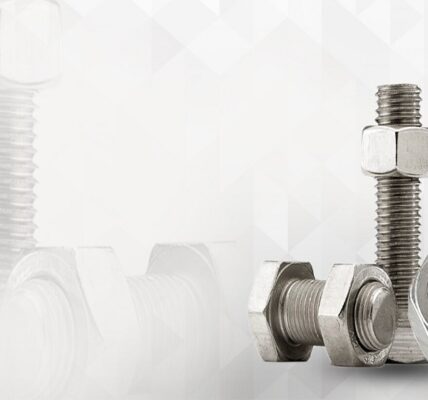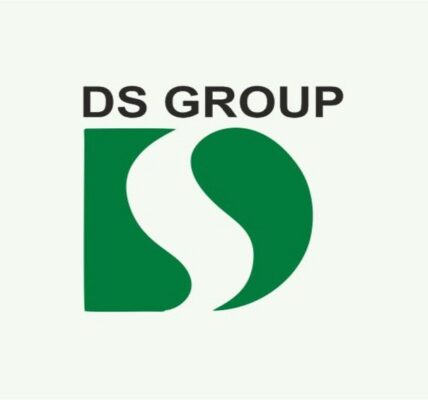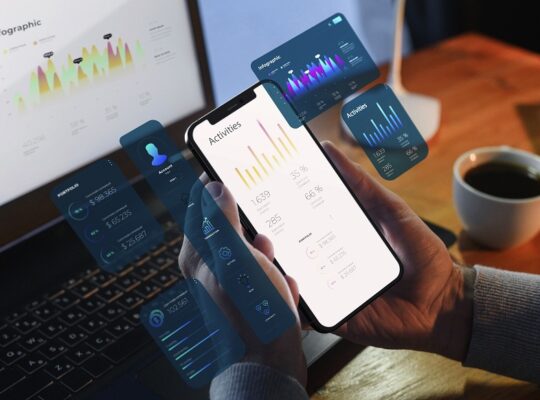What Role Does Technology Play in Streamlining Hotel Operations with Property Management Systems?
Property Management Systems (PMS) help hotels streamline their operations. A property management system (PMS) is a central software platform that allows for important services like reservations, front desk operations, housekeeping, accounting, and revenue management. By automating routine operations and offering real-time data insights, hotel staff can focus on providing outstanding client experience while increasing efficiency. Let us look at how modern PMS systems are altering numerous aspects of the Hotel Management System, dramatically increasing efficiency and income. One will also talk about how the role of PMS is changing as new technologies emerge in domains.
Streamlined Front Desk Operations
One of the key ways a PMS simplifies operations is through automating front desk activities. Check-ins and check-outs, which formerly required paper documentation, may now be accomplished digitally with a few clicks. This expedites the procedure for guests while allowing front desk operators to complete other things.
Features such as digital room keys reduce the need to create and distribute physical keys. Self-service kiosks help to cut lineups and wait times at the front desk. Integrated reservation systems provide precise room availability across all booking channels. Mobile apps enable guests to check in, check out, make requests, and view their folios from their devices.
Enhancing Housekeeping Efficiency
A project management system (PMS) also digitizes many housekeeping workflows. Digital room status boards keep housekeepers up to date on room occupancy and cleaning requirements. They can receive work assignments, report completion statuses, and track maintenance concerns directly from their mobile devices.
These digital advances save cleaning crews valuable time by eliminating manual paperwork and repetitive status checks. They lead to speedier turnaround times between guest stays.
Optimizing Revenue Management.
Another essential function that a well-designed PMS may serve is revenue management. By consolidating reservation data, availability, pricing, and demand trends into a single system, hotel managers receive important insights. They can more precisely alter room price and allocation techniques to maximize revenues on a daily, weekly, and seasonal basis.
Real-time dashboards provide up-to-date information on occupancy patterns, revenue production, and demand. Managers can rapidly identify opportunities to increase bookings or re-price unsold goods. Comprehensive reporting systems are also useful for budgeting, benchmarking, and long-term strategic planning.
Streamline Accounting and Inventory Management
A PMS automates and eliminates paper from accounting, purchasing, and inventory management in the back office. Guests receive electronic receipts and folios. Itemized billing for food and beverage, parking, services, and other costs works flawlessly.
Digital purchase orders, receipts, and inventory levels for supplies, amenities, and other products have replaced traditional stock logs. Automatic reordering based on par levels ensures adequate stock without waste. Real-time information on spending, profitability, and budgets allows management to make data-driven financial decisions.
Integrating Additional Technologies.
Modern PMS solutions are highly flexible and work seamlessly with a growing ecosystem of hotel technologies. This enables properties to streamline processes even more. For instance, a PMS could connect to:
- Digital signage options for displaying menus, pricing, and promotions.
- Point-of-sale systems for processing food, beverage, and retail transactions.
- Mobile key/lock systems provide contactless room access.
- In-room entertainment and control systems
- Energy management systems can optimize utilities.
- Track repairs using maintenance management technologies.
- CRM platforms personalize the guest experience.
The role of technology in the future
As technology evolves rapidly, the role of PMS and related platforms in optimizing hotel operations will shift dramatically. Advances in 5G, computer vision, virtual/augmented reality, and other areas will open up new opportunities.
Hotels may witness entirely automated check-ins using facial recognition. Smart rooms with AI helpers who anticipate and respond to guest demands. Predictive maintenance using real-time equipment sensor data. Immersive virtual tours drive direct reservations. Furthermore, a thorough guest profile enables individualized experiences.
While the specific technologies may change, the overarching purpose remains the same: to use innovation to provide great service with optimal efficiency. As client expectations rise, hotels will continue to rely on cutting-edge technology to expedite workflows and enhance all aspects of operations. The PMS will continue to serve as the strategic nerve hub that connects everything.
Integrating the Supply Chain
Beyond internal operations, PMS platforms are also optimizing hotel supply chain management. Electronic interfaces connect major suppliers to procurement operations. Purchase orders and receipts are digitized to enable paperless record-keeping.
Inventory levels are tracked in real time, triggering automatic reorders. Strategic sourcing decisions are based on supplier expenditure statistics.
Enhancing the guest experience
One of the most significant effects of PMS technology is on the passenger experience. Digital check-in/check-out, mobile keys, and in-room controls enable visitors to interact with their rooms entirely through a smartphone app, eliminating the need for front-desk assistance. This creates a seamless, convenient experience that encourages loyalty.
Advanced PMS platforms include strong CRM systems. This offers a consolidated picture of each guest’s profile, preferences, and on-property behavior. Staff can provide highly personalized service by remembering names, room numbers, and previous stay information. Customized communication, such as mobile messages and emails, keeps guests informed and engaged. Post-stay questionnaires provide personalized feedback to help improve future visits.
Enabling Data-Driven Decision Making
Real-time data and analytics created by a PMS provide management with essential business intelligence. Comprehensive dashboards provide insights into parameters such as occupancy trends, demand patterns, revenue streams, and profit centers.
Managers can make data-driven decisions to improve operations. For example, demand projections aid in the fine-tuning of staff scheduling and procurement. Performance benchmarks indicate underperforming areas that require improvement. Customer segmentation identifies the most profitable guest profiles to target. AI-driven predictive analytics will provide a deeper understanding over time, allowing for more proactive strategy shaping.
Conclusion
To summarize, property management systems have become vital tools for hotels looking to improve operations and profitability. PMS platforms enable unparalleled levels of productivity by digitizing workflows, standardizing processes, and giving actionable business intelligence. They also serve as the framework for the integration of new innovative technologies that will continue to improve the visitor experience and business success. As the hospitality industry embraces emerging technology, the function of the property management software system will undoubtedly expand. It will continue to serve as a strategic platform, connecting all parts of hotel administration to boost competitiveness.

